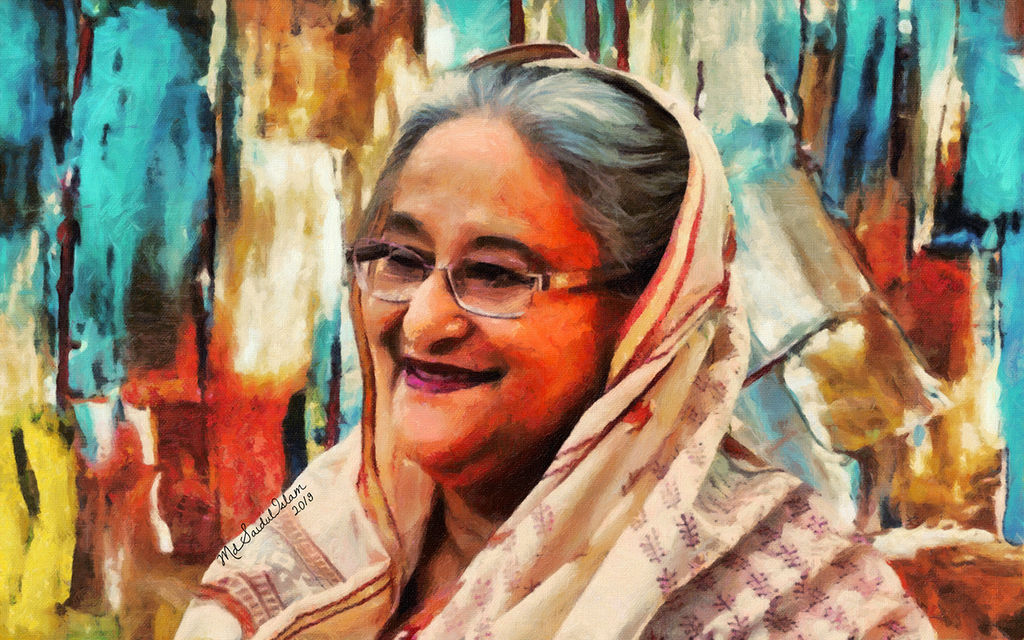Kazi Nazrul Islam (1899–1976) was a Bengali poet, musician, revolutionary, and philosopher who played a significant role in the cultural and political landscape of Bengal during the early 20th century. Here are some key details about Kazi Nazrul Islam:
Early Life:
Kazi Nazrul Islam was born on May 24, 1899, in Churulia, a small village in the Burdwan district of Bengal (now in West Bengal, India).
His early life was marked by poverty, and he faced various challenges, including the death of his father when he was just eight years old.
Education and Early Career:
Nazrul received his education in a Maktab and later attended a village school. However, his formal education was limited.
He worked in various professions, including as a muezzin (one who calls to prayer) and a teacher, before joining the British Indian Army in 1917 during World War I.
Literary Contributions:
Nazrul Islam is often referred to as the “Rebel Poet” for his revolutionary and socially relevant poetry. His works addressed issues such as poverty, inequality, and social injustice.
Notable works include “Bidrohi” (The Rebel), “Bisher Bashi” (The Poison Flute), and “Agni Bina” (The Fiery Lute). “Bidrohi” is particularly famous for its rebellious spirit and calls for social change.
He wrote in various forms, including poetry, songs, essays, and plays, and his contributions to Bengali literature earned him recognition as one of the key figures of the Bengal Renaissance.
Music and Composition:
Nazrul was also a prolific composer and musician. He composed numerous songs, including patriotic and devotional songs.
His musical compositions reflect a fusion of classical, folk, and modern influences.
Political Activism:
Nazrul Islam was actively involved in political and social issues. He was associated with the Indian independence movement and the anti-British struggle.
He was imprisoned several times for his involvement in political activities, and his writings often reflected a spirit of resistance against colonial rule.
Later Life and Health Challenges:
In the later part of his life, Nazrul faced health issues, including mental health problems. He suffered from a prolonged period of mental illness, which significantly impacted his creative output.
He spent the last years of his life in relative obscurity and poverty.
Legacy:
Kazi Nazrul Islam is considered a cultural icon in Bengal. His poetry and songs continue to inspire generations of Bengali speakers.
In Bangladesh, he is regarded as the National Poet, and his contributions to Bengali literature and music are celebrated annually on Nazrul Jayanti (his birthday).
Kazi Nazrul Islam’s work reflects a unique blend of artistic expression, social consciousness, and a commitment to human values. His contributions have left an enduring impact on the cultural and literary heritage of Bengal.











